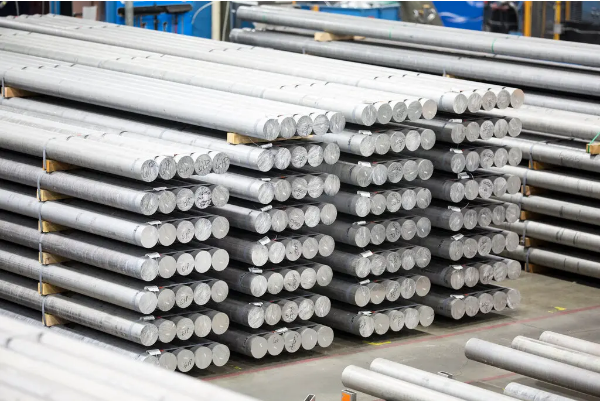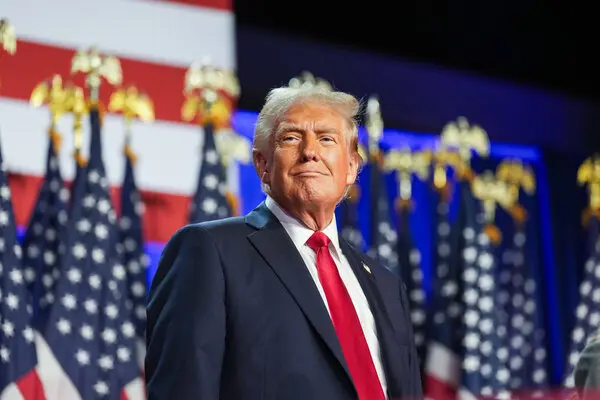Donald J. Trump’s sweeping tariffs during his first term were designed to disrupt global supply chains and push companies to invest in the United States. But the most significant impact of these trade policies often played out not in factories but a few blocks from the White House, where lobbying efforts for exemptions took center stage.
In his first term, Trump imposed tariffs of up to 25 percent on foreign metals, machinery, clothing, and other products, affecting countries such as Canada, Mexico, and Japan. These measures aimed to rework supply chains and shutter foreign factories. At the same time, the Trump administration allowed companies to apply for exemptions from these tariffs. According to the New York Times, the stakes were enormous: “An exemption could relieve a company of tariffs as high as 25 percent, potentially giving it a big advantage over competitors.”
Lobbying for Exemptions

This process ignited an aggressive lobbying effort, particularly from Washington’s high-priced law firms. The Office of the United States Trade Representative received over 50,000 requests for exclusions related to China tariffs, while the Commerce Department handled nearly 500,000 requests for steel and aluminum. As Trump dangles new tariffs—potentially up to 60 percent on Chinese goods and 10 to 20 percent on other imports—companies are already jockeying for position.
Nicole Bivens Collinson, a trade lawyer at Sandler, Travis & Rosenberg, noted, “Businesses and stakeholders are going to be thinking about — should be thinking about — where those various pivot points are going to be, where they have an opportunity to make their case.”
Read Also: Johnny Carson’s struggles with alcohol ‘turned him into a demon’ in his marriages
Political Favoritism
Critics argue that the exclusion process served as a reward system. A recent economic study found that companies with Republican donation histories were more likely to receive exemptions, while those supporting Democrats were less likely. Jesus Salas, a professor at Lehigh University and co-author of the study, called it “a very effective spoils system.”
The decisions often seemed arbitrary. Exemptions were granted for Bibles but not textbooks, for salmon but not pollock, and for children’s car seats but not cribs. Smaller businesses complained they lacked the resources to navigate the system, while larger firms sometimes filed thousands of requests.
Potential Impacts of New Tariffs
Trump has suggested imposing even steeper tariffs during a second term but has not clarified whether he would offer exclusions again. Trade experts say removing exclusions could harm American factories reliant on parts unavailable outside China. A high tariff on these components might lead manufacturers to shift production outside the U.S., undermining the tariffs’ goals.
Simon Johnson, a Nobel Prize-winning economist, warned that higher tariffs could lead to “a lot more gamesmanship and a lot more effort going into playing the system and getting special breaks” rather than focusing on productivity and job creation.
Questions of Fairness
Investigations into the first term’s exclusion process revealed significant issues. The Commerce Department’s inspector general noted “the appearance of improper influence in decision-making.” Similarly, a government investigation into the U.S. Trade Representative’s office highlighted “inconsistencies” in decisions and a lack of transparency.
A similarly uneven approach was seen in payments to farmers hurt by retaliatory tariffs. A government watchdog found these payments disproportionately favored Southern states and large farms over smaller ones.
The Road Ahead
For many businesses, preparing for Trump’s trade policies means investing in legal and lobbying expertise. Ludmilla Kasulke, a partner at Squire Patton Boggs, said the process has become “the way you do business.”
As the New York Times noted, businesses are focused on navigating the uncertainties of Trump’s trade agenda: “Should be thinking about — where they have an opportunity to make their case.” Whether exemptions return or not, companies are bracing for another round of disruptive trade policies.
This article is based on reporting by Ana Swanson of The New York Times.


Leave a Reply